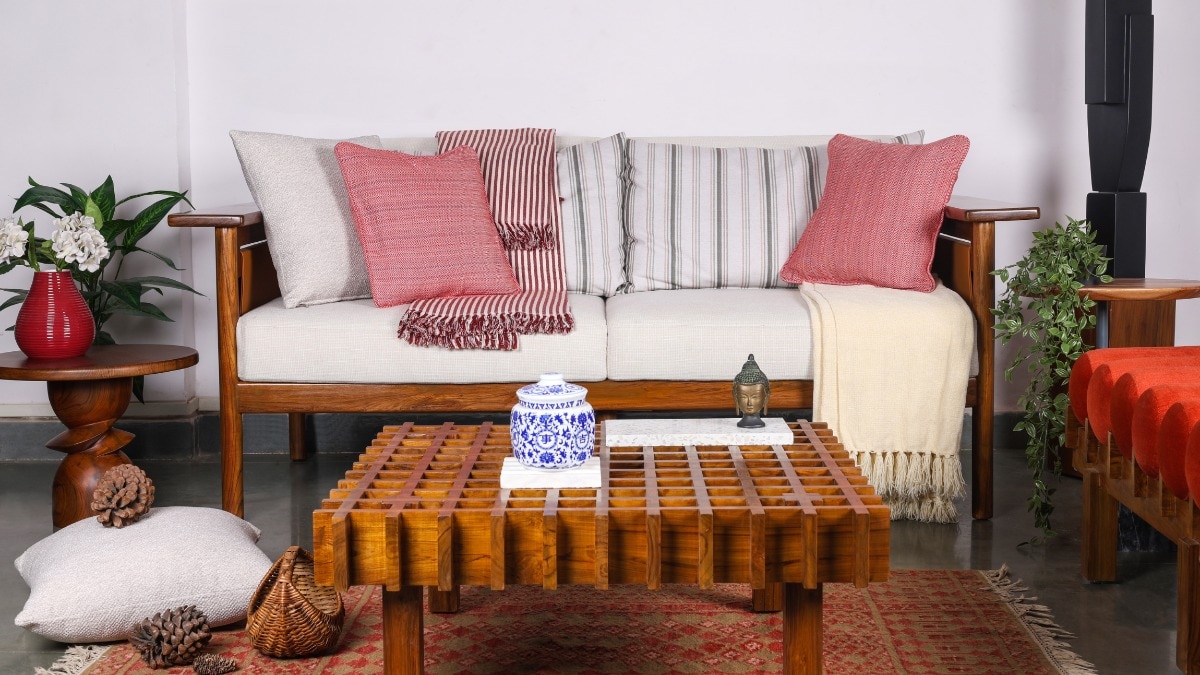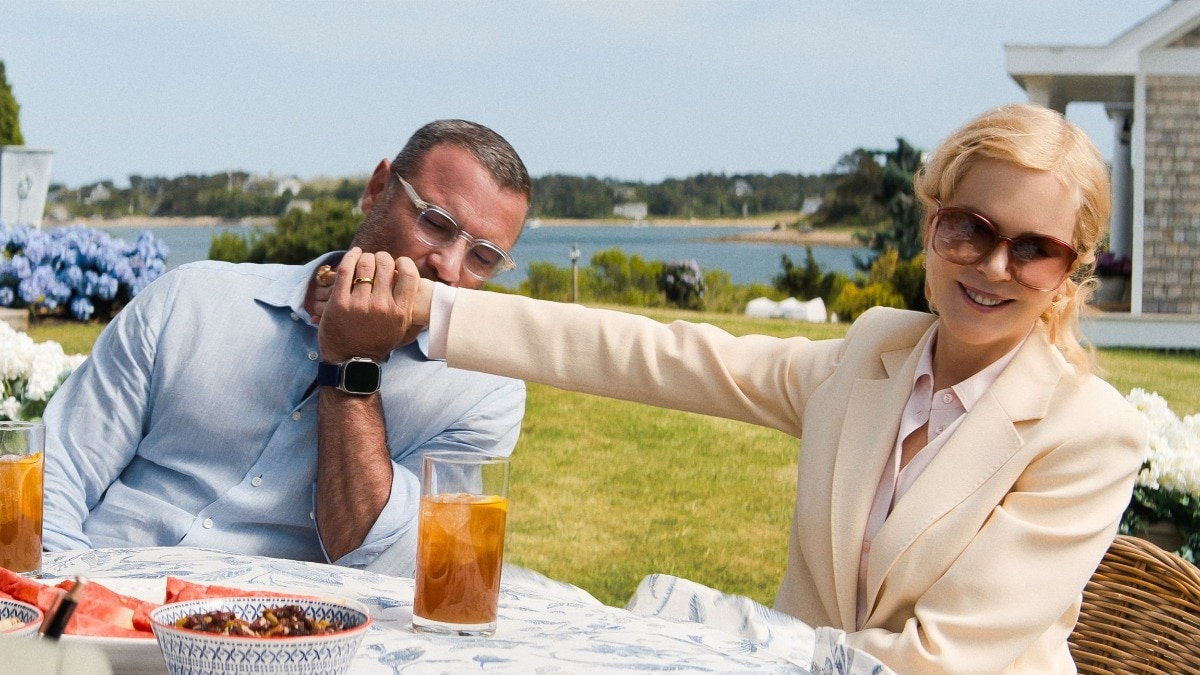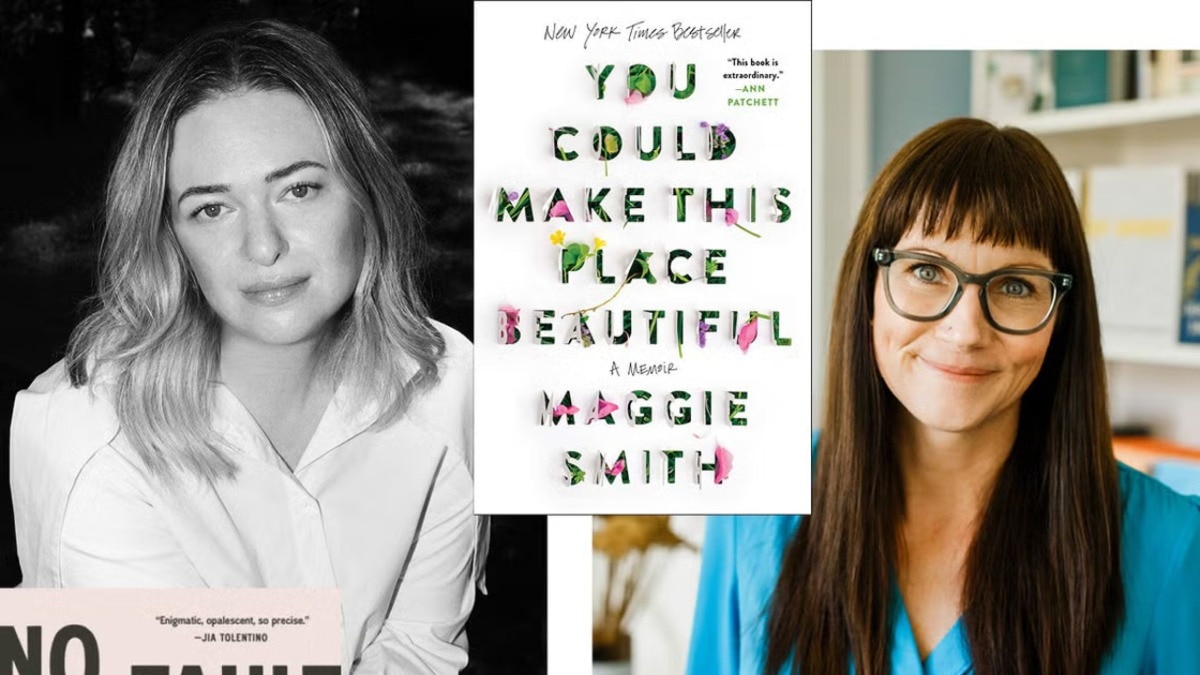
Expert-approved ways to deal with Seasonal Affective Disorder (SAD)
Suddenly feeling low? Here's how you can overcome it.


Most of us can relate to feeling low in winter months. The feeling of flatness and fatigue that comes with dark mornings and depleted daylight will be familiar to many, but for some the extremity of the seasons can be debilitating with a more severe impact on mood and energy levels, leaving them to feel unwell for large parts of the year.
This condition is categorised as season affective disorder (SAD), otherwise known as winter depression because its symptoms tend to be more prevalent in the colder months (although some people do experience a similarly extreme shift in mood in the summer). The NHS reports that one in 15 will be affected by SAD between September and April, and this number rises in Sweden and Denmark where there is reduced sunlight in winter months. SAD has wrongly been misconstrued as lighter form of clinical depression, whereas in reality it is a different version of the same illness and deserves to be taken seriously.

To find out what differentiates SAD from general low mood, how to treat it, and support loved ones who maybe experiencing it, we spoke to Mind's head of information Stephen Buckley, and Harvard-trained neuroscientist and developer of well-being supplements brand ALLY, Professor Zoltan Sarnyai.
"Lots of us are affected by changes in seasons—we might feel more cheerful and energetic when the sun is shining and the days are longer, and eat more or sleep longer in the winter. But, for those with SAD, these seasonal changes have a much greater effect on mood and energy levels, leading to symptoms of depression that have a major impact on day-to-day life," Buckley explains. "Many people with SAD will be affected when there are fewer hours of daylight, but some people get SAD at other times of year."
"SAD is a particular type of depression, and you may be given this diagnosis if you have symptoms during some times of year but not others," continues Buckley. "Someone with another type of depression might also have times that feel more difficult, including particular seasons. Similar treatments are recommended whether you have SAD or another type of depression that gets worse during certain seasons."
"As with other mental health problems, SAD can affect anyone and shares some of the same potential causes as other types of depression, such as trauma, difficult life events and physical illness," Buckley explains. There are lots of reasons why our mental health is affected by our physical environment. "A lack of light in winter can disrupt our body clock, and might also affect the hormones that help us regulate our mood and emotions. But having negative associations with a particular time of year could also make it difficult for you. People can also develop SAD without there being a particular, identifiable cause."

Buckley notes that we all have different experiences of particular seasons and types of weather. "You might feel particularly uncomfortable in hotter or colder temperatures, which could contribute to you developing depression, or to any existing depression getting worse, at those times. Some people seem to need more light, which might mean they’re more vulnerable to SAD in winter when there’s less natural light as well as cold weather. Other people find heat and sunshine make things more difficult."
According to the available evidence there is an association between vegetarianism and SAD, explains Professor Sarnyai. "The percentage of vegetarians among people with SAD is over 12 per cent, whereas among the general population it is 4.5 per cent—an almost three times difference. It’s shown that SAD patients have a higher preference for consuming starch and fibre-rich foods, sugar-rich foods and caffeine-containing beverages." However, it is hard to know if these factors play a role in SAD as the studies that are available only show association, not causation, he explains. "It cannot be established if people with SAD happen to prefer this kind of food or if consuming such food contributes to SAD."
He continues, "A recent systematic review has not been able to identify any single nutrient therapy (vitamin D, vitamin B12, or a single macronutrient, such as carb or proteins) with therapeutic efficacy for SAD. Given the insufficient evidence showing beneficial efficacy of single nutrient supplementation or single diet intervention against SAD, it is entirely possible that providing only nutrient supplementation is not sufficient to mitigate the disease." Though a combination of nutritional interventions and probiotics as provided in Professor Sarnyai's supplement Ally No. 1 may augment the treating effect against SAD, he adds. "Several biological mechanisms that are targeted by Ally No. 1 have been described to underlie SAD. These include disturbances of serotonin neurotransmission, abnormal activity of the HPA-axis (our stress response system) and altered cortisol production."
"It can be useful to talk to your GP if you’ve noticed changes to your feelings, thoughts and behaviour for longer than two weeks, or if symptoms keep returning," says Buckley. "You might be feeling tearful or irritable, or lose interest in things you usually enjoy. Changes to things like sleeping and eating are also important to keep an eye on." Your doctor should be able to tell you what support is available, he says. "They might suggest treatments like psychological therapy, such as counselling or cognitive behavioural therapy, or medication. Lots of people find it difficult to talk about mental health with a GP, so Mind has produced a guide to help on their website."
"Medication can come with potential adverse side effects," Buckley cautions. "Your GP should discuss all the available options with you and, if you are prescribed medication, it’s important to regularly monitor how they’re working for you. It’s also really important that you’re advised on when to begin taking medication and how to withdraw from it safely when you decide that you no longer want to take a particular prescription drug."
There are various types of talking therapy available, and different things work for different people. "The Improving Access to Psychological Therapies (IAPT) programme has made many types of talking therapy available for free on the NHS, including counselling and Cognitive Behavioural Therapy (CBT)," reveals Buckley. "However, how long you wait for your first session and the length of your treatment will often depend on availability of services in your area. Typically people are offered six sessions initially on the NHS. It’s also possible to pay for private therapy, although not everybody can afford this, and we’d advise people to thoroughly research therapists before starting treatment."
"For example, going for walks, spending time in parks or gardens, or simply sitting near a window," shares Buckley. "Spending time in green spaces can also help your mental health and well-being. Going on holiday somewhere sunnier can sometimes be helpful, although it’s possible you might find things more difficult on your return because of the sudden contrast."
Especially when done outside. "This could mean anything from going for a countryside run to spending a few hours gardening," offers Buckley. "Everyone has different experiences, so it’s important to find out what form of exercise works for you. Research shows that physical activity can be as effective as antidepressants in treating mild to moderate depression.
"Common SAD cravings for carbohydrates, such as pasta and potatoes, should be balanced with fruit and vegetables," says Buckley. "Some people find supplements for vitamin B12 or vitamin D useful as well."
Professor Sarnyai adds that the use of dietary supplements for treating Seasonal Affective Disorder (SAD) is an area with limited research. "According to the USA National Institute of Health—National Centre for Complementary and Integrative Health, the existing studies have primarily focused on vitamin D. Other supplements like melatonin, St. John's wort, vitamin B12, and ginkgo biloba have also been examined, but the results have been unclear and inconsistent due to the small sample sizes involved."
However, some specific ingredients found in supplements have gained attention for their potential benefits in addressing the effects of SAD. "For instance, saffron has been widely studied for its positive effects on mental health and targets similar biological mechanisms to those that underlie SAD. The active compounds in saffron support serotonin neurotransmission and help elevate depleted serotonin levels, which can have a therapeutic effect in SAD," he reveals. "In clinical placebo-controlled studies, the bioactives in saffron have shown to significantly improve mood, particularly in individuals experiencing stress, tension, and anxiety."

Polyphenols—natural antioxidants and highly anti-inflammatory compounds found in plants—have also been the subject of research, he adds. "They play a crucial role in supporting key systems of mental health and target several biological mechanisms that govern SAD, such as an overactive stress response, depleted neurotransmitter levels and elevated cortisol markers (our main stress hormone). For example, anthocyanins in Nordic bilberries have demonstrated their ability to normalise stress-induced reductions in dopamine levels (a key neurotransmitter for mood), while trans-resveratrol from Japanese itadori has been found to normalise an overactive stress response and support healthy cortisol levels. Both of these effects are beneficial in addressing SAD."
"Some people find it helps to use a light box—a device that gives off strong white or blue light—or a lamp," says Buckley. "Others might find it useful to use an alarm clock that simulates dawn." However, there isn’t currently much reliable evidence about this and light boxes can be expensive, which means they aren’t an option for everyone. Instead, "you might also find it helps to make simple changes like spending more time outside, near a window or in a brighter area".
If you’re worried that a friend is struggling with a mental health problem like SAD, talk to them and listen non-judgementally, advise Buckley. "You can reassure them that it’s possible to do something to feel better, but you need to do so in a caring and sympathetic way. There are a number of ways you can support a loved one but it will vary from one person to another. It might be gently encouraging them to try to get outside, improve their diet, socialise or book a visit to their GP, or it could be offering practical support, like helping with household tasks." Asking somebody how you can help is the best way to find out.
"You can also make a difference by providing emotional support," Buckley continues. "This can mean listening empathetically, being affectionate, showing your appreciation or simply spending time with your friend or relative. Helping others can be difficult though, and you might want to seek support to help yourself cope."
This piece originally appeared in Harper's Bazaar UK










